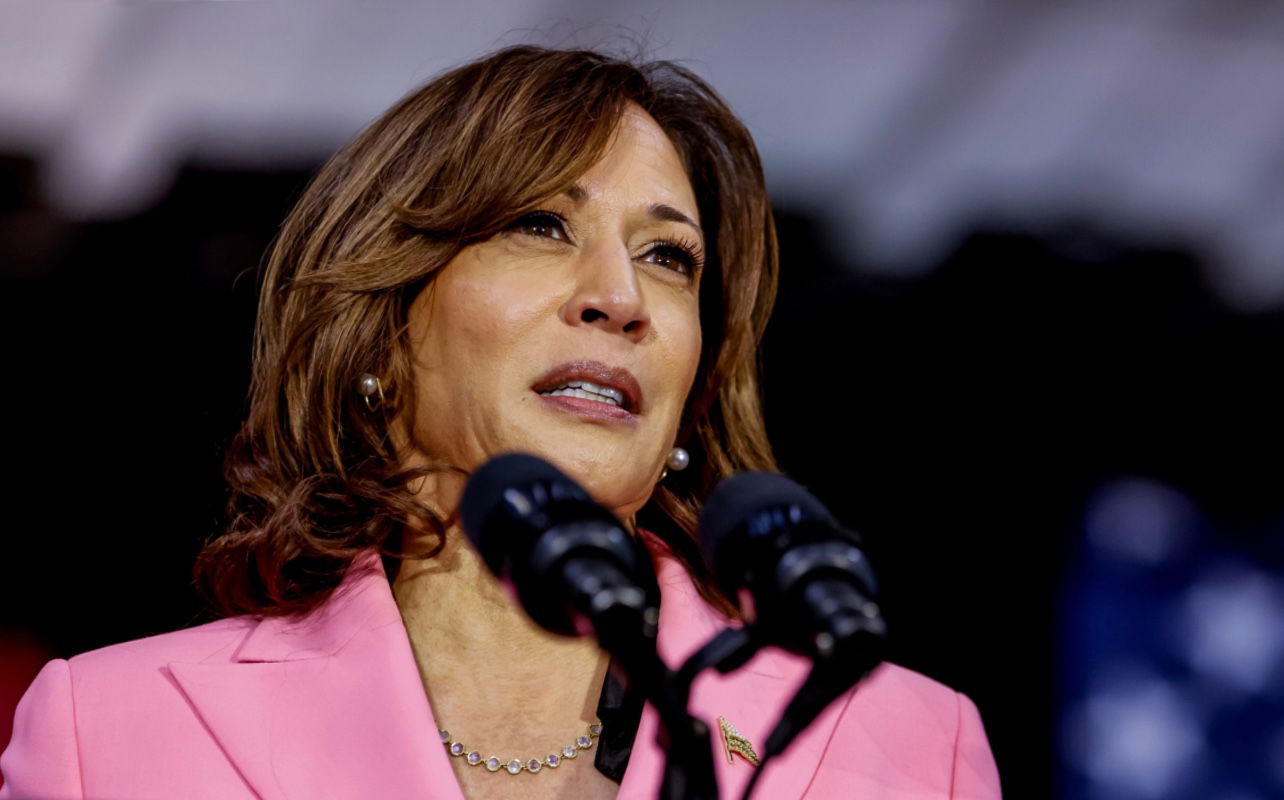
September 26, 2024
Here’s How Vice President Kamala Harris’ Economic Plan Would Help Black Americans
Harris’s campaign shared plans to help Black Americans in an exclusive priority list released to Black Enterprise.
Vice President Kamala Harris has announced her economic plans if she’s elected. In her detailed proposal, it is clear that Harris’ priorities aim to lower the living costs for middle- and lower-class Americans, make housing affordable, and give Americans relief from rising costs that impact their day-to-day lives, such as groceries and healthcare.
Harris’s campaign shared plans to help Black Americans in an exclusive priority list released to BLACK ENTERPRISE. Here is a highlight of some of these priorities.
Lower The Cost of Groceries
According to the Harris campaign, Black families are spending one and a half times their budget on food, compared to white families. Harris plans to offer relief by:
- Advancing the first-ever federal ban on price gouging on food and groceries.
- Setting clear rules ensures that big corporations can’t unfairly exploit consumers to run up excessive profits on food and groceries.
- Securing new authority for the FTC and state attorneys general to investigate and impose strict new penalties on companies that break the rules.
Affordable Housing: Lower the Cost of Renting and Owning Home To Close Wealth Gap
Harris plans to lower Americans’ rent by taking on corporate and private landlords. She says she would also stop Wall Street investors from buying and marking up in bulk. To address America’s housing shortage, she plans to call for the construction of 3 million new housing units in four years.
The campaign also proposes a “first-ever” tax incentive for building starter homes and an expansion of the existing tax incentive for businesses that build affordable rental housing.
When it comes to affordable housing for Black Americans, Harris says she would:
- Provide historic $25,000 down-payment support for first-time homeowners. This could help more than half a million Black first-time homebuyers.
Increase Child Tax Credit
Vice President Harris proposes a new $6,000 child tax credit for families with children in the first year of life and plans to restore the American Rescue Plan’s expanded Child Tax Credit. This would provide up to $3,600 per child tax credit for middle-class families.
Lower The Cost of Prescription Drugs and Relieve Medical Debt
- Cancel medical debt for millions of Americans, at a time when more than 1-in-4 Black households report having medical debt — nearly double the rate of medical debt for all adults.
- Capping the cost of insulin at $35 and out-of-pocket expenses for prescription drugs at $2,000 for everyone, not just seniors.
The campaign says lowering insulin costs would “disproportionately benefit Black Americans,” considering Black Americans are around two-thirds more likely to have diabetes, and roughly 1-in-5 non-elderly Black Americans using insulin report needing to ration their insulin because of cost concerns.
Increase Support for Black-owned Businesses
Vice President Harris would increase support for Black-owned businesses by:
- Expanding the tax deduction for startups and small businesses from $5,000 to $50,000 because “Nobody can start a small business with just $5,000.”
- Collaborating with the big banks to increase access to capital for Black small businesses and startups at a time when Black-owned companies have typically received only about 1% of all U.S. venture capital funding. More than a third of Black-owned companies said they needed additional financing to help their business thrive, around double the rate of white-owned firms.
- Creating a new fund with community banks and community development financial institutions (CDFIs) to cover loan interest costs while these small businesses are expanding, helping these businesses get accessible and affordable capital.
- To help more Black- and Latino-owned small businesses receive federal contracts, target one-third of all federal contract dollars going to small businesses.